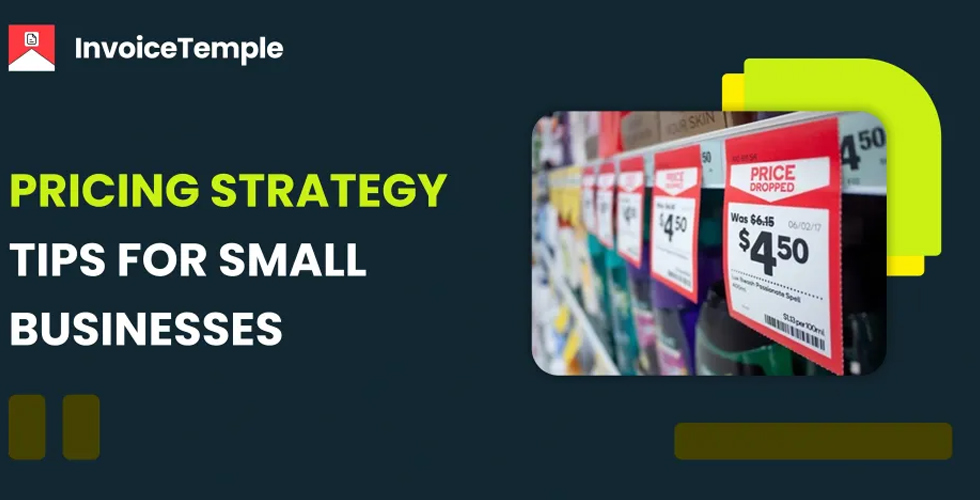Marketing is one of the most crucial components of running a successful business. You won’t attract new clients until you promote your firm. Even though promoting your business is critical, you must not overpay on marketing expenses.
You may reduce your marketing budget without lowering the quality of your marketing efforts.
Here are tips that will help you reduce your business’s marketing budget.
Ask for Discounts
It is common for marketing tool makers to include a Pricing page on their website that lists all the plans and features available. Only corporate clients who buy in large quantities are frequently offered a quote tailored to their needs.
Many companies are unaware that price plans seen on the internet are not always rigid, and there is always room for negotiation. Before paying for a service, always remember to ask for a discount.
Even if you can only save a few hundred dollars per month, the savings from many tools over a year may soon add up and help your firm save a significant amount of money.
Reuse Content
Get the most of the marketing resources you already have. Have. You may accomplish it by developing flexible material that you can be used over time or for various tasks.
For example, you might create product descriptions for your website, e-commerce store, in-store fliers, and social media postings. You may compose ad copy and then build on it to make a blog article, infographic, or explanation video.
Simply reusing material can save you money that would otherwise be spent on writing and designing new print or web content.
Conduct Some Research
You may not know it, but you may be wasting money on ineffective marketing strategies. Take some time to research forthcoming marketing trends before cutting your marketing budget.
You could discover that you’re losing out on innovations that could help you sell your company more effectively.
As a marketer, you want your website or blog and your social media platforms to be the go-to resource for others in the industry (or not), and the only way to achieve that is to stay one step ahead of the competition.
You must first choose which channels to employ to contact potential clients before generating a marketing budget as a business owner. To acquire as much information as possible, this aspect needs a thorough investigation of your target audience.
Building a successful marketing budget necessitates a thorough dive into your sales funnel, where you’ll measure results from prospects to customers.
Begin with Simple Cuts
It is difficult it is to make financial cuts. If you’re ready to cut back on your marketing budget, start with the projects that aren’t generating revenue.
You should eliminate any projects that aren’t generating leads, whether they’re paid social campaigns that aren’t getting website traffic or print ads that aren’t generating leads.
Determine which marketing schemes low producers are using Google Analytics or any platform-specific analytics solutions to be the first to depart. You’ll save money by making the easy cuts first and putting the rest of the funds toward inventory, bills, and other requirements.
Your marketing budget for your firm should be part of your overall business strategy, including the costs of achieving your marketing objectives within a set timeline.
Take Advantage of Any Guest-Blogging
You should participate in other blogs and write blog entries for your website. Many organizations are afraid to do this because they do not perceive the value. Why should they devote time to writing material for another’s website?
Your brand will get free exposure via guest blogs and affiliate marketing programs. You can reach out to a broader audience that may not be aware of your company’s existence. You’ll be able to attract traffic to your website through referral links within your blog articles, in addition to visibility. According to Google’s algorithm, links to your site from other sites enhance your search rating.
It is not a must to spend a lot of money on marketing. There are a variety of strategies to market your business without breaking the bank.
Make sure you’re active on social media, especially Instagram, Facebook, and Twitter. Run marketing campaigns on these platforms to encourage user-generated content. You can also set up a referral scheme for your customers.

















Add Comment